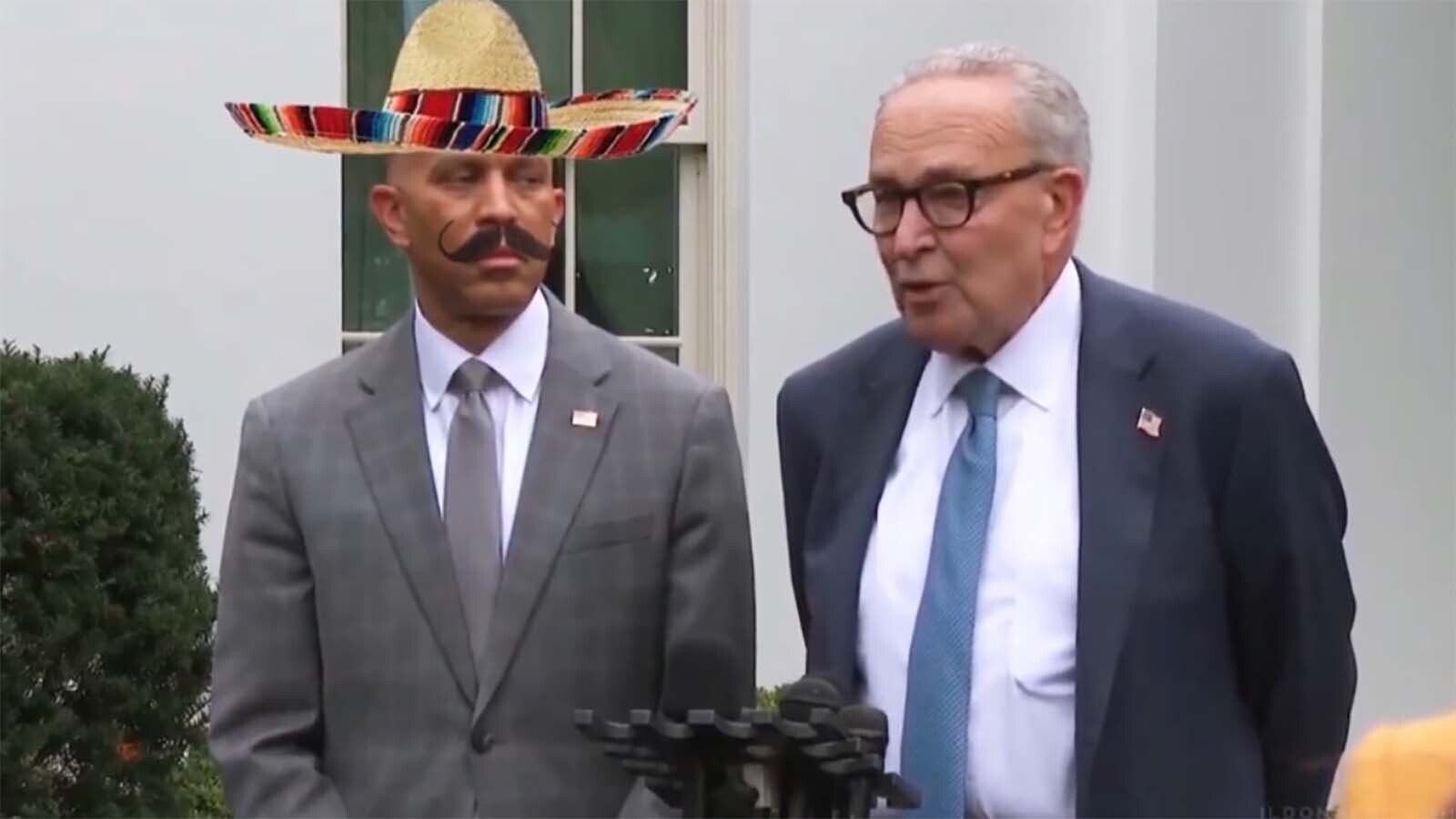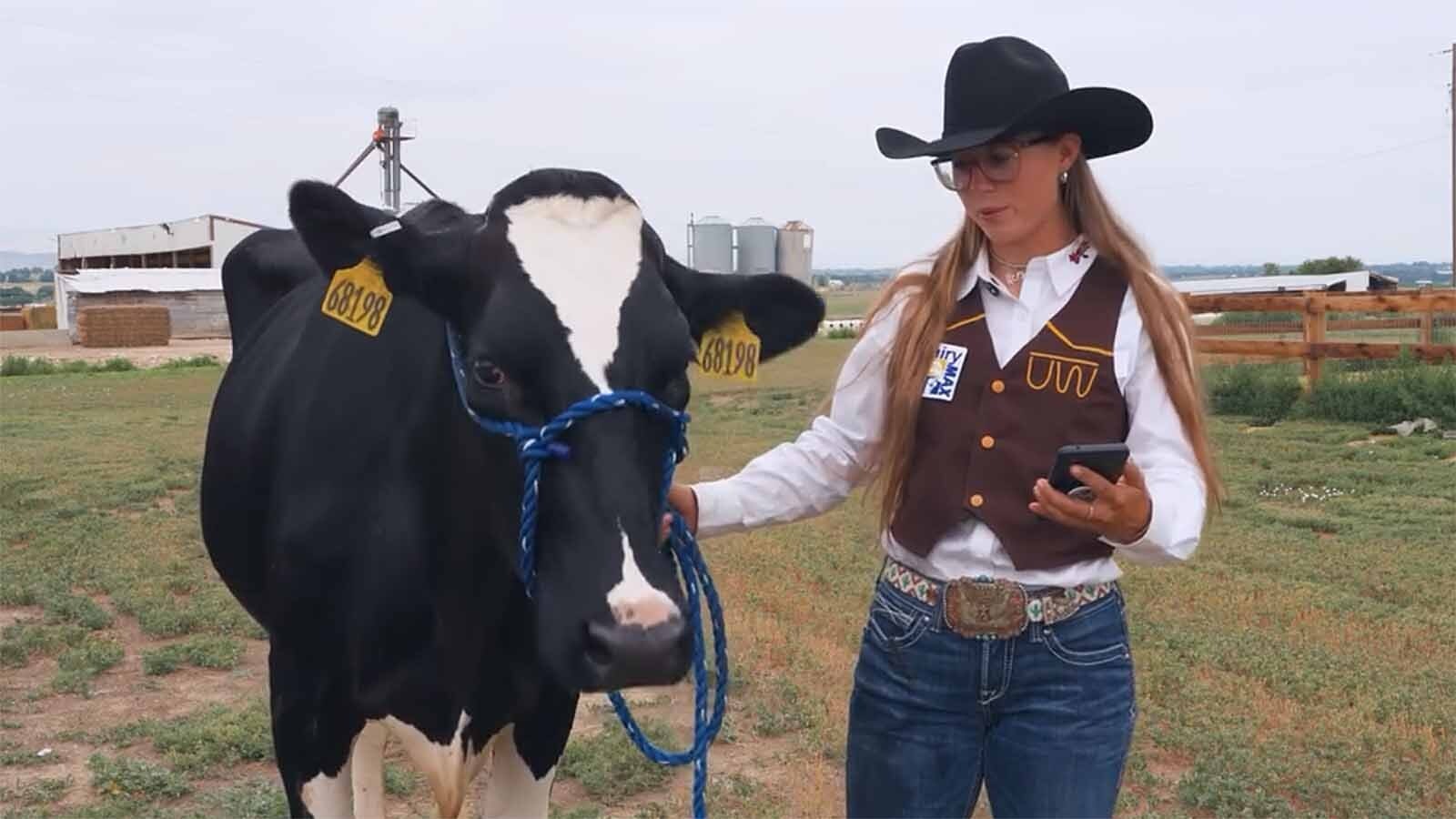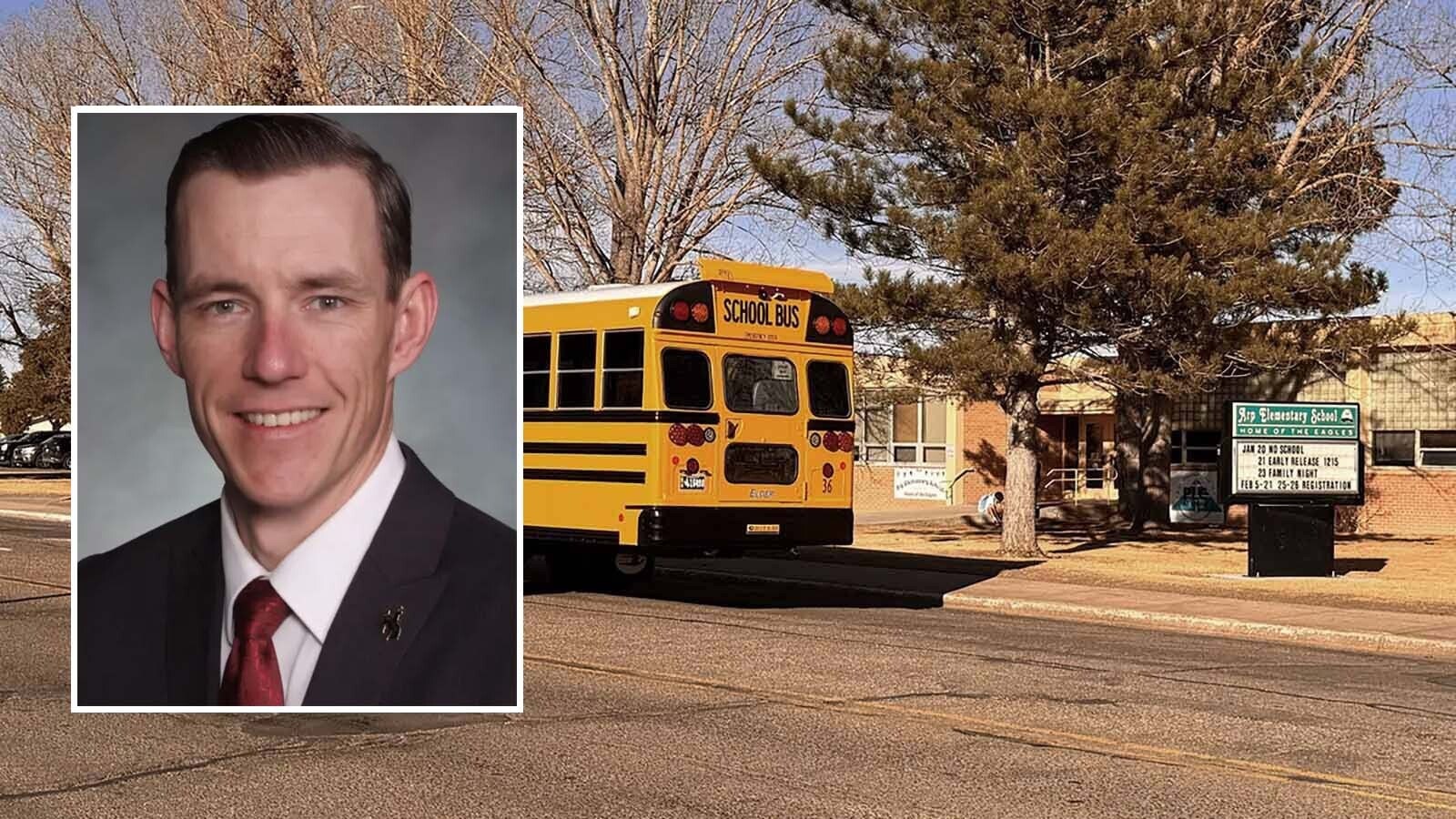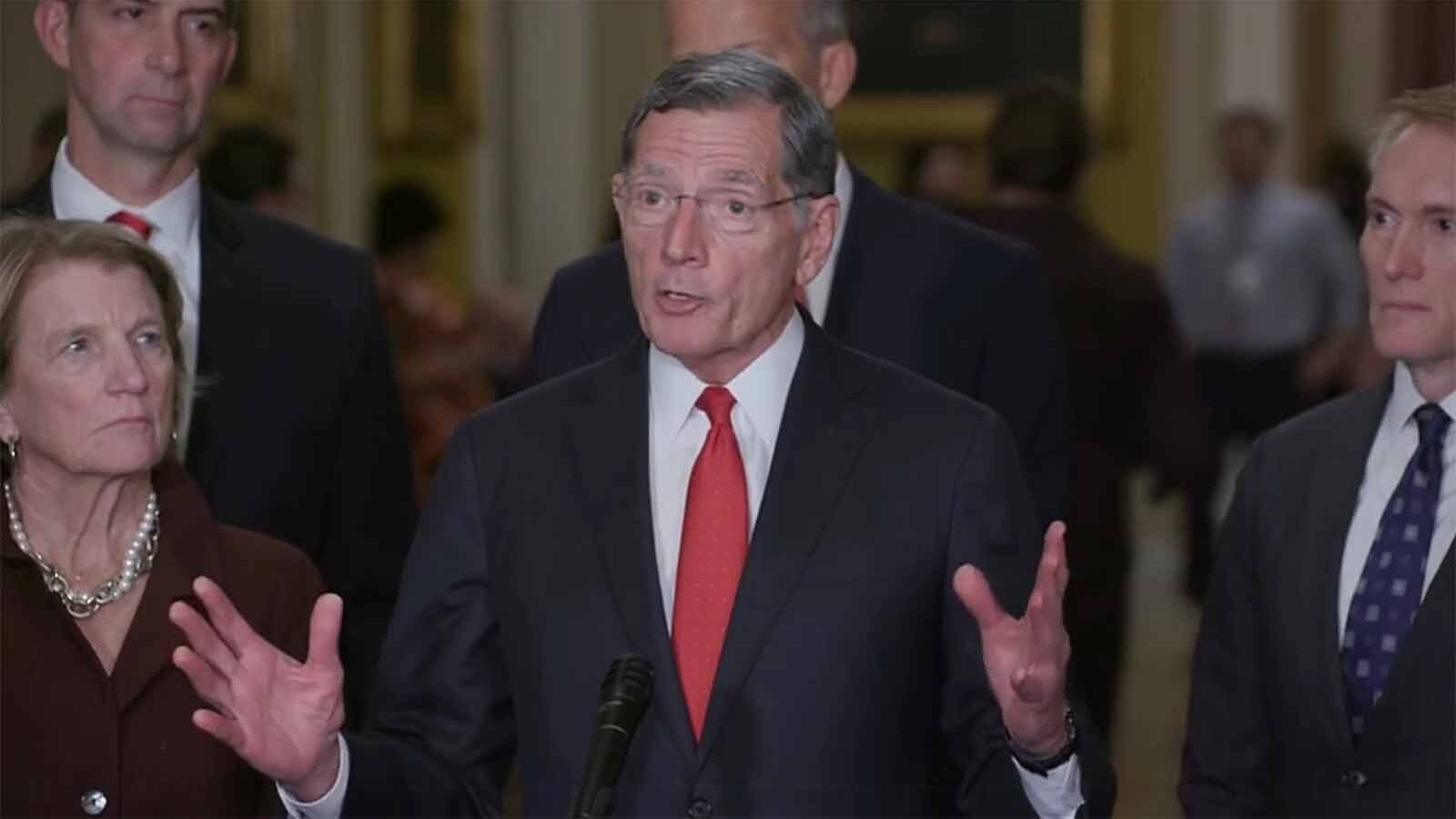Wyoming is one step closer to letting constituents see legislators’ votes in real time through electronic online scorecards that will immediately transmit whether their representatives cast an “aye” or “nay.”
The proposal unanimously passed by the Management Council on Thursday afternoon was made to increase public transparency in the legislative process.
The votes made by each legislator during roll call votes are already posted online rather quickly, but some have argued it’s difficult for members of the public to figure out how to access this information. The votes can also be documented by watching the Legislature on YouTube, but these videos are sometimes as long as seven hours, making it difficult to follow specific votes.
How It Works
It still remains to be seen if the scorecard will provide much more transparency as it will only be accessible through a website separate from the Legislature’s live broadcast on YouTube, but it will provide a new wrinkle of accessibility that doesn’t currently exist.
Whenever the chief clerk starts taking roll call votes, the legislative website will then connect to the clerk’s screen, which shows individual votes and tabulations. The screen highlights legislators’ names in green if they’ve voted in support of an item and red if they voted against.
Legislative Service Office Director Matt Obrecht said it will still be up to the presiding officers of the 68th Legislature to decide if they want to officially move forward with this proposal, but one of those likely individuals, state Rep. Chip Neiman, R-Hulett, expressed no opposition to the scorecard on Thursday. Presiding officers will be nominated by fellow members of their party later this month for final confirmation on the first day of the 2025 session.
Controversial Clothing
The council also unanimously passed a rule allowing legislative staff to remove a member of the public from the Senate and House chambers if they are wearing an article of clothing that’s interfering with the decorum of the legislative proceedings. The proposal allows legislative staff to make a case-by-case determination on these matters.
During this year’s legislative session, Obrecht said the Sergeant in Arms was requested by a lawmaker to remove a member from the audience wearing a shirt from a particular lobbying group. The individual was fully behaving otherwise and changed their clothes without complaint.
But Obrecht said he still received negative feedback about the incident and expressed concern on Thursday that the action may have violated Constitutionally protected free speech.
“The further we go down this road the more likely we are to get sued and potentially lose,” he said.
Media Access
A proposal brought earlier this year to restrict all photography on the Legislature floor was not revived, but the Management Council did consider a proposed rule that would have slightly expanded press access.
Sen. Dave Kinskey, R-Sheridan, brought an amendment that would have slightly expanded media access at the State Capitol by allowing media to shoot from locations they currently have to receive permission to shoot from in the legislative chambers. Kinskey, who considers himself “a shutterbug,” because of his love of photography, said he wants photojournalists to have better access at the Capitol.
“These people are just trying to make a living and it’s a service to the public,” he said. “If they’re having an issue, leadership can deal with this.”
A majority of the Council rejected the proposal on an unrecorded voice vote.
House Speaker Albert Sommers, R-Pinedale, expressed concern that a less than scrupulous photographer could snap a photo of leadership sending a confidential email.
“There can be issues,” he said, mentioning an event that “boiled to a head” during this year’s legislative session involving a credentialed member of the media who had access to these corridors.
Kinskey said the media at large shouldn’t be punished because of a few bad actors.
Sommers also noted how every minute of the Legislature is now streamed on YouTube as an example of what he sees as expanded access to the Legislature.
Besides YouTube, access to members of the media at the State Capitol has slowly declined over the years. The Select Committee on Legislative Facilities, Technology and Process originally passed a proposal in September that would have removed photographer’s current access, but then reversed course in their meeting last month.
Senate President Ogden Driskill, R-Devils Tower, and Sen. Chris Rothfuss, D-Laramie, also vocally opposed the rule change. Although he said he’s never turned down an individual request to shoot from a special location, Driskill believes the rule proposal would make it more difficult for the presiding officers to manage this issue. Driskill wants to maintain the right to remove members of the media if necessary if legislators are conducting a private meeting in the hallways.
“You really need to have the flexibility of that presiding officer to have a handle on what’s happening there in that chamber,” he said.
Obrecht clarified that the presiding officers would still have the authority to remove a member of the media if they’re causing a disruption, but the rule would have given them less flexibility to leadership to remove someone.
Rothfuss said the current system works, which he bases on the fact no member of the media approached him to complain about it.
“I’m not eager to support a change to a system to generally work,” he said.
Jonathan Downing, a lobbyist for the Wyoming Press Association, said there have been very few issues involving media access at the Capitol in the past and could only think of one specific instance where a member of the press crossed ethical boundaries and made themselves part of a story they were writing.
The council also approved removing a rule that prohibits media credentials from being issued to people solely for the purpose of writing a personal online blog.
Leo Wolfson can be reached at leo@cowboystatedaily.com.





